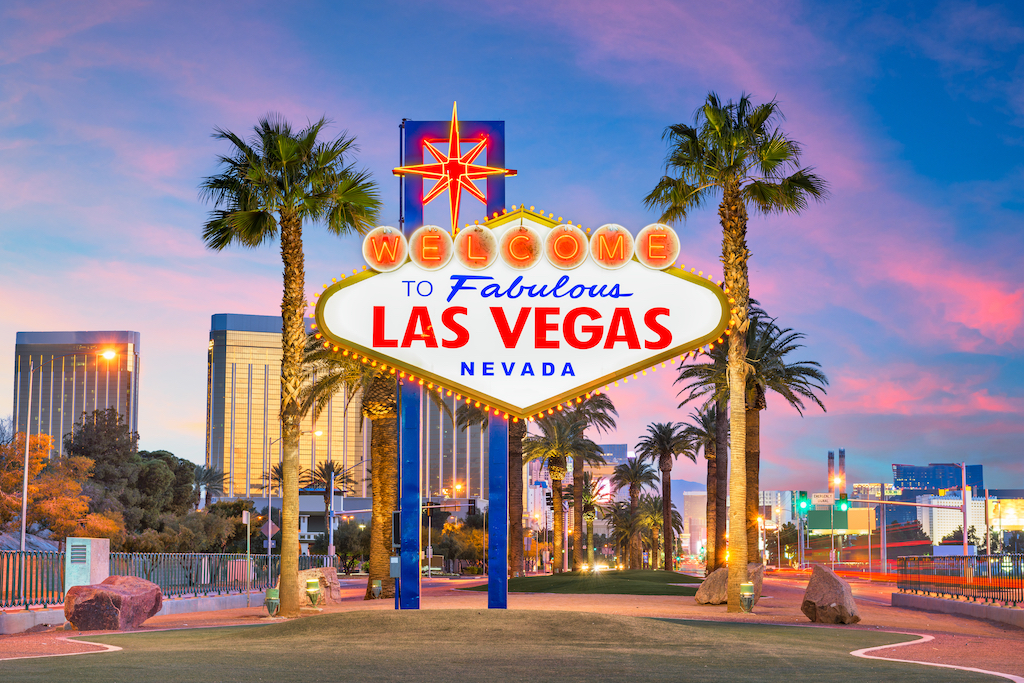
The imminent Super Bowl in Las Vegas represents a significant turning point for the city, celebrated for its entertainment extravaganzas. Despite its renown as a gambling mecca and cultural hub, Las Vegas had been excluded from hosting the iconic event for 58 years. However, the change occurred following a groundbreaking ruling by the U.S. Supreme Court in 2018, which reshaped the landscape of sports betting.
In the case of Murphy v NCAA, the Supreme Court’s decision opened pathways for states outside of Nevada to legalize sports betting, challenging the longstanding monopoly of the latter. While initially viewed as a setback for Las Vegas by some media outlets, this ruling ultimately propelled the city to the forefront of the sports entertainment industry.
Reflecting on the legal battles preceding this shift, one cannot overlook the efforts spearheaded by Ted Olson of Gibson, Dunn & Crutcher on behalf of New Jersey officials and lawmakers. Despite facing initial skepticism, Olson’s successful challenge to the Professional and Amateur Sports Protection Act of 1992 played a crucial role in expanding states’ rights to regulate sports betting.
The Supreme Court’s ruling reinforced the principle that while Congress could directly regulate sports gambling, in its absence, individual states retained the freedom to act—an affirmation of states’ sovereignty.
Since the landmark decision, Las Vegas has experienced a surge in sports-related activities, including the hosting of professional sports teams such as the Raiders and the establishment of partnerships with major sportsbooks. The forthcoming Super Bowl in Las Vegas underscores the city’s newfound significance in the realm of sports.


















